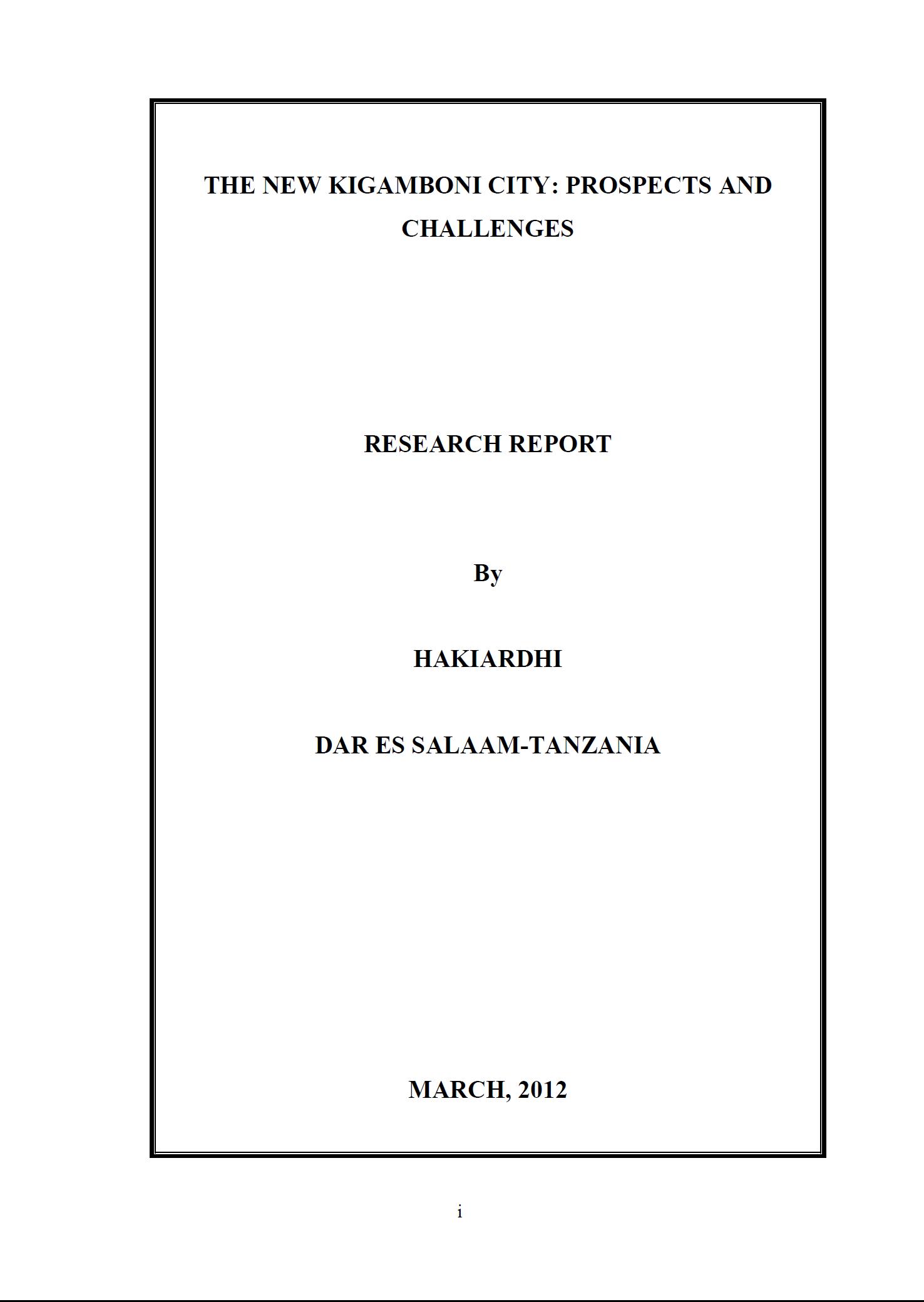Using an Asset-Based Approach to Identify Drivers of Sustainable Rural Growth and Poverty Reduction in Central America: A Conceptual Framework
The asset-based approach considers links between households' productive, social, and locational assets; the policy, institutional, and risk context; household behavior as expressed in livelihood strategies; and well-being outcomes. For sustainable poverty reducing growth, it is critical to examine household asset portfolios and understand how assets interact with the context to influence the selection of livelihood strategies, which in turn determine well-being. Policy reforms can change the context and income-generating potential of assets.




